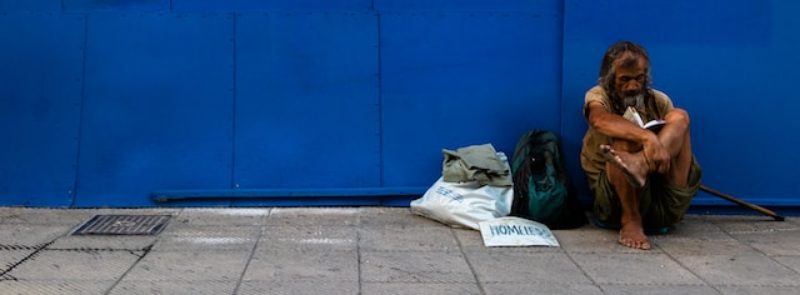
When It Occurs
Every October 17th
Official Website
Timeline
Days Passed (859)
# Hashtags
#InternationalDayForTheEradicationOfPoverty #VictimsOfPoverty
Annually observed on October 17th, the International Day for the Eradication of Poverty was officially designated by the UN General Assembly in 1992. This day is dedicated to fostering understanding and dialogue between individuals living in poverty and the broader society. Additionally, it sheds light on global issues such as poverty, violence, and hunger.
History and Significance
- Origins: The International Day for the Eradication of Poverty was officially recognized by the United Nations in 1992, following the efforts of Father Joseph Wresinski. In 1987, he organized a gathering of over 100,000 people in Paris to honor the victims of extreme poverty, marking the first observance of what would become this international day.
- UN Resolution: The UN General Assembly adopted resolution 47/196, proclaiming October 17 as the International Day for the Eradication of Poverty.
Purpose
- Awareness: The day aims to raise awareness about the need to eradicate poverty and destitution in all countries, particularly in developing nations.
- Solidarity: It promotes the global solidarity necessary to combat poverty and encourages efforts at both the governmental and grassroots levels.
- Human Rights: It highlights the interconnection between poverty and human rights, emphasizing that poverty eradication is crucial for the realization of all human rights.
Themes
Each year, the International Day for the Eradication of Poverty has a specific theme that guides the observance and activities. Examples of past themes include:
- 2019: "Acting together to empower children, their families and communities to end poverty."
- 2020: "Acting together to achieve social and environmental justice for all."
- 2021: "Building forward together: Ending persistent poverty, respecting all people and our planet."
- 2022: "Dignity for all in practice: The commitments we make together for social justice, peace, and the planet."
- 2023: "Decent Work and Social Protection: Putting Dignity in Practice for All."
Activities and Observances
- Educational Campaigns: Various organizations and institutions hold seminars, workshops, and lectures to discuss poverty-related issues and strategies for eradication.
- Public Gatherings: Events such as marches, rallies, and public discussions are organized to draw attention to poverty and mobilize support for eradication efforts.
- Art and Culture: Artistic performances, exhibitions, and cultural events are held to highlight the experiences and resilience of those living in poverty.
- Policy Advocacy: Advocacy campaigns are launched to urge governments and international organizations to adopt policies that address the root causes of poverty.
- Community Service: Activities such as volunteering, community clean-ups, and fundraising events are conducted to support local poverty alleviation initiatives.
Global Context and Challenges
- Statistics: According to the World Bank, as of recent estimates, about 9.2% of the world’s population lives on less than $1.90 a day. The COVID-19 pandemic has exacerbated global poverty, pushing millions back into extreme poverty.
- Sustainable Development Goals (SDGs): Eradicating poverty is the first of the 17 SDGs set by the United Nations, emphasizing its critical importance for global development and sustainability.
Strategies for Eradication
- Economic Growth: Promoting inclusive and sustainable economic growth to create jobs and improve livelihoods.
- Social Protection: Implementing social protection systems and measures to support the most vulnerable populations.
- Education and Health: Ensuring access to quality education and healthcare to break the cycle of poverty.
- Empowerment: Empowering marginalized communities through participatory approaches and ensuring their voices are heard in decision-making processes.
- International Cooperation: Strengthening global partnerships and cooperation to support poverty eradication efforts worldwide.
Conclusion
The International Day for the Eradication of Poverty is a crucial reminder of the ongoing struggle against poverty and the need for concerted action to ensure that everyone can live in dignity. It underscores the importance of global solidarity, human rights, and sustainable development in creating a world free of poverty.


